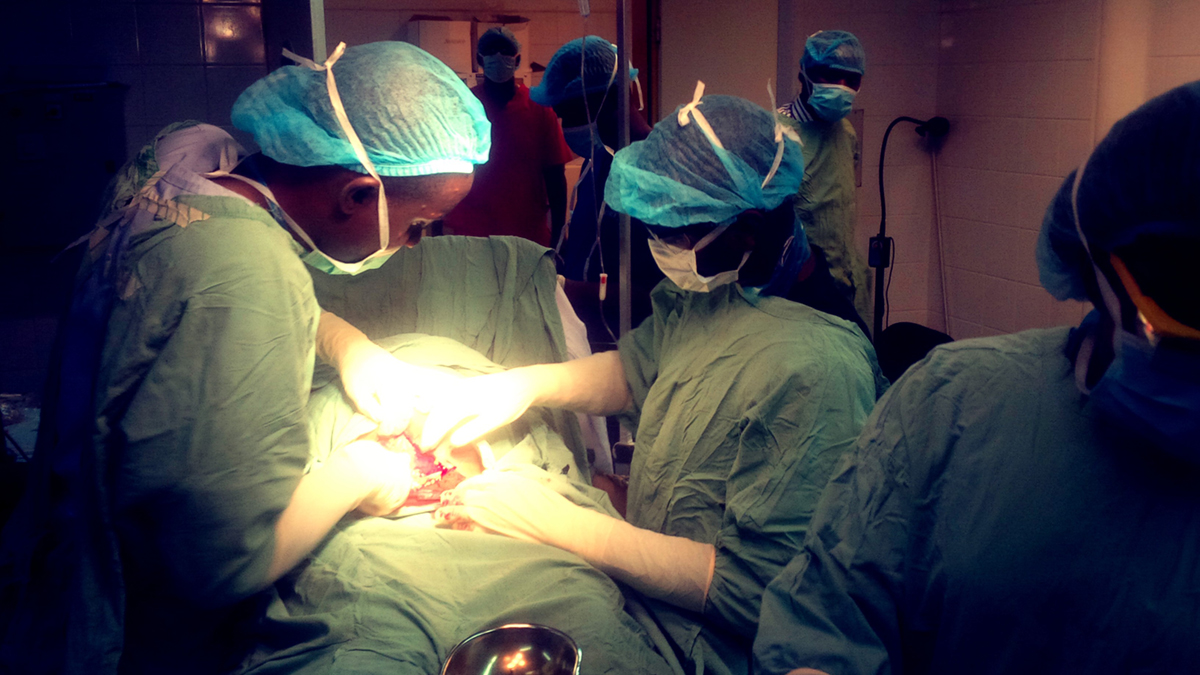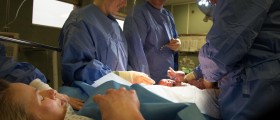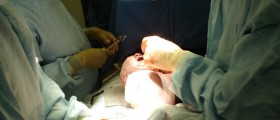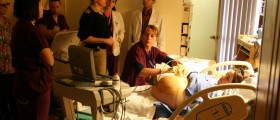
Fetal Distress
Fetal distress is a group of symptoms and signs that develop during pregnancy or delivery and may suggest that fetus is not well and is dealing with certain problems. This condition is urgent and doctors are due to act promptly and help the baby deal with the specific problem.
During the delivery baby's heart is monitored since any change of rhythm may point to fetal distress. In women who are pregnant fetal distress may feature with numerous symptoms and sings. One of them is decreased movement of the fetus. So any kind of trouble can be detected either by the mother or by doctors in case woman is giving birth.
Causes of Fetal Distress
There are numerous causes of fetal distress. Still, the most frequent include a loop of umbilical cord which forms around baby's neck, other causes of breathing difficulties, premature closure of the fetal ductus arteriosus, placental abruption, rupture of the uterus, infection of the uterus, multiple births, shoulder dystocia, and abnormal presentation and position of the fetus.
Symptoms and Signs of Fetal Distress
While baby is still in the womb its heart has strong and stable beats. The heart rate responds to various stimuli. During delivery baby's heart rate may drastically change and this change can point to the presence of fetal distress. The drop of heart rate below 100 to 120 beats per minute may point to fetal distress. Furthermore, irregular and unsteady heartbeat also suggests that something is wrong.
One more symptom of fetal distress is change in pattern of movement or sudden stop in movement. The first movement of the baby occurs in the second trimester. The mother is used to movement and any kind of abnormality can be easily noticed.
In case that lack of oxygen leads to fetal distress and that it has been caused by abnormal position of the baby the doctors need to act urgently and deliver the baby immediately since prolonged insufficiency of oxygen leads to severe damage to the brain.
The presence of meconium in the amniotic fluid may be another sign of fetal distress. Meconium is the first stool of the baby and its presence in amniotic fluid may be a risk factor.
Treatment for Fetal Distress
The doctors need to notice any symptoms and signs of fetal distress and to act promptly. The treatment includes urgent delivery of the baby. The delivery may be performed by labor induction, but in majority of cases a caesarean section is performed.
















Your thoughts on this
Loading...